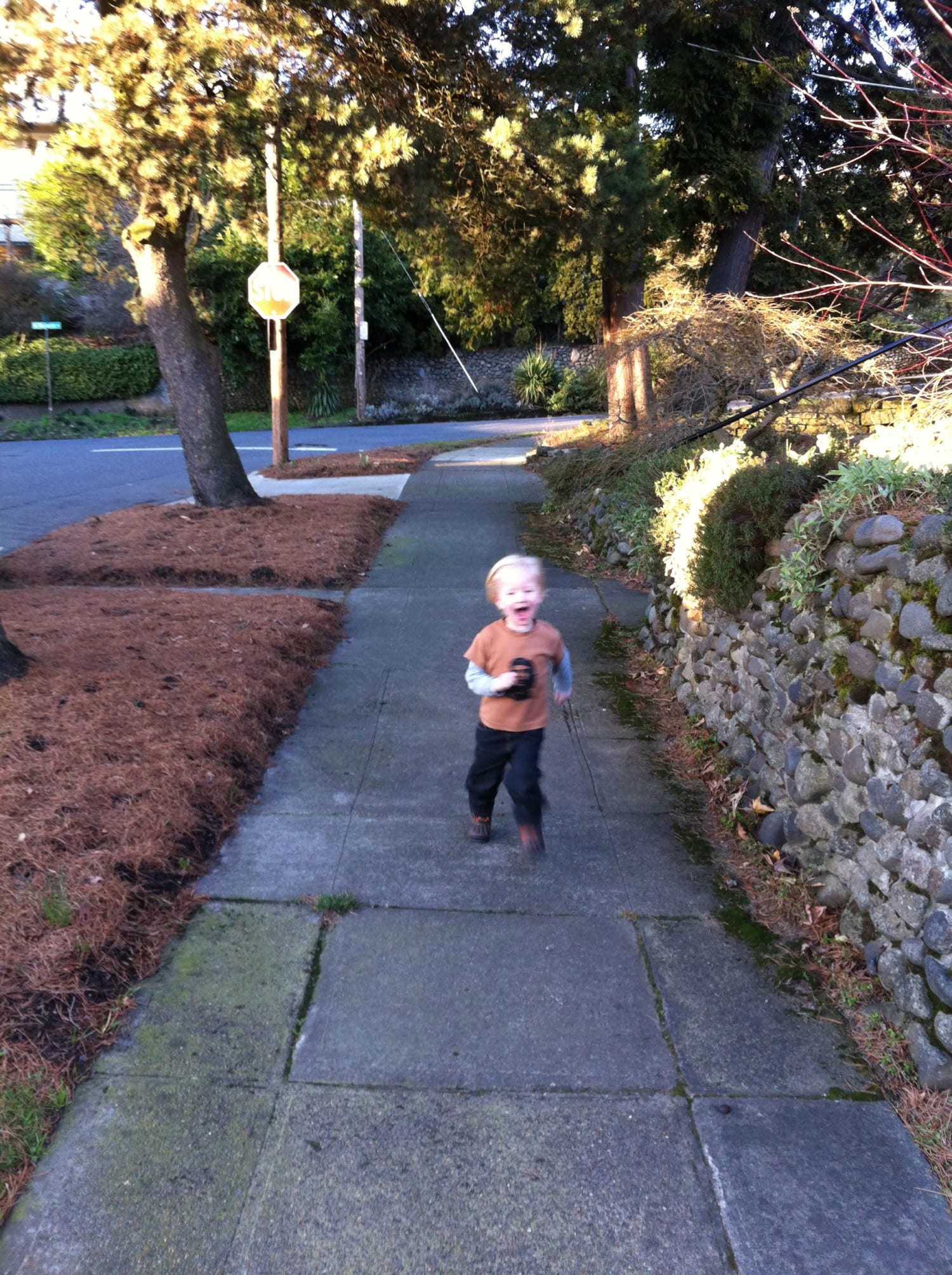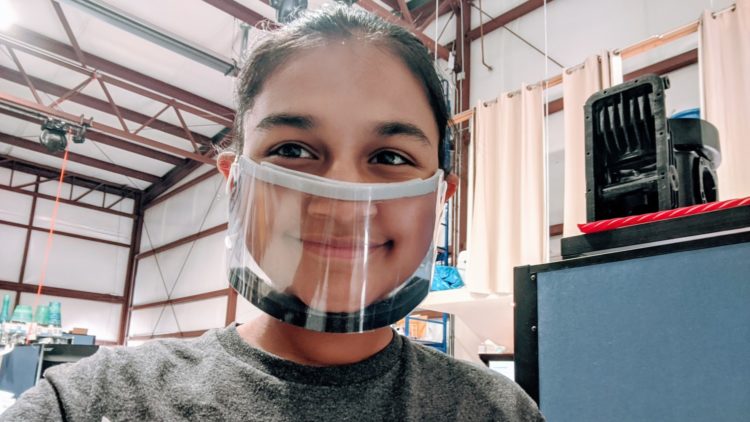How to raise happy kids in this digital age

Happiness is a warm puppy.
If you’re happy and you know it, clap your hands.
Don’t worry, be happy!
Rules for how to live happily are nothing new. But lately, our well-being — and that of our kids — seems to be in free fall. Depression, anxiety, and even youth suicide rates are increasing, as is cell phone and device use and the constant expectation to be “on.” Raising kids to be happy in today’s world isn’t impossible: Many generations of parents have managed to do so when the threats were way worse than FOMO (aka “fear of missing out”). We just need to rewrite the rules for the digital age.
The quest to make sure our kids are happy may have led us in the wrong direction. While media and tech deserve some of the blame for our collective stress, no one really knows how much. However, we do know that turning everything off doesn’t magically make us happier. In fact, studies show that some types of screen-based activities can be beneficial — and we all know the warm, fuzzy feeling we get when we enjoy media together.
As more research emerges on the impact of media and tech on kids’ mental health, it confirms what we’ve always known about how to be happy: Supportive relationships, a feeling of self-worth, strong character, and other positive influences are what really matter. And while you can’t mandate joy, supporting your kid — both online and off — creates an environment where happiness is there for the taking. These tips can help you raise a happy kid in the digital age:
Get Gritty
Grit — the combination of perseverance and resilience that helps you bounce back from disappointments — plays an important role in well-being. At school, online, and even with friends, kids feel pressured to achieve something on the first try. Instead, instill what’s called a “growth mindset,” the process of trying, failing, and learning from mistakes. When they feel defeated, their inner voice will say, “You got this!”
Nourish Their Sense Of Self-Worth
Likes, comments, and other indicators of online status are part of kids’ social-media lives. But there’s a tipping point when a kid’s perfectly natural curiosity about what others think about them turns into a harmful fixation on peer validation that can cause depression. You can help inoculate your kid against this by fostering an internal sense of self-worth. Encourage activities and hobbies that give kids a sense of accomplishment on their own terms.
Be Grateful
Being aware and thankful is a tried-and-true life hack that leads to a stronger sense of well-being. You can actually use media and tech to cultivate a sense of gratitude. Check out sites and apps that let kids help make the world a better place. Watch TV shows and movies that inspire gratitude. At home, create a culture of appreciation by discussing what you’re grateful for. Check out Greater Good Magazine’s Gratitude page for more ideas.
Go Outside
Seriously, that’s all you need to do. Nature is scientifically proven to boost well-being. If you need inspiration, watch nature movies or download apps that encourage outdoor exploration. Or just put down your phone, close the laptop, turn off the TV, and go for a walk.
Foster Connection
In the digital age, kids can make new friends and strengthen existing relationships online, whether it’s in a rousing game of “Fortnite,” a few hearts on Instagram, or even a FaceTime session with the grandparents.
But the happiest people are the ones who consistently find a balance between screens and the rest of life. And as the grown-ups, we’re the ones who need to model healthy habits. So, carve out screen-free times at home. Unplug everything so you can make eye contact and really listen to family and friends without distractions. By all means, enjoy media together — but set limits so it doesn’t interfere with face-to-face interactions.
Written by Caroline Knorr for Common Sense.










